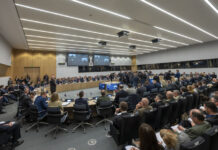As the 1,000th day of Russia’s war against Ukraine passed on 19 November 2024, the conflict was reverberating with a series of dangerous escalations.
Arguably the first of these became evident on 24 October 2024, when the Ukrainian Ministry of Defence’s Main Directorate of Intelligence (HUR) reported that around 11,000 North Korean troops had arrived in Russia’s Kursk region adjacent to the Ukrainian conflict zone, thus internationalising the war in terms of the regular personnel involved. Ukrainian forces were reported to have clashed with North Korean troops by the first week of November.
In response to the North Korean deployment, the US Biden Administration was reported on 17 November to have authorised Ukraine to use US long-range MGM-140 Army Tactical Missile System (ATACMS) rounds to strike deeper into Russia. In the following days the UK and French governments were also reported to have given Kyiv the green light to use the Storm Shadow/SCALP missiles they had supplied the Ukrainian Air Force to target Russian forces at longer ranges.
operational use Putin said the firing of the Oreshnik missile – which was launched from Russia’s Astrakhan region more than 1,000 km from its target, travels at more than Mach 10 in the upper atmosphere and carries a multiple independently targetable re-entry vehicle payload, making it very difficult to counter – was a test that was “successful” because the “target was reached”. The Russian president added that Moscow has a stock of the new missiles that are “ready to be used”.
The catalyst for the recent series of escalations in the Ukraine war is almost certainly the impending second US presidential term of Donald J Trump, who takes office on 20 January 2025. Trump has claimed he would end the Ukraine war “in one day”, without specifying how such a result could be achieved. However, his propensity to side with ‘hard man’ dictators – he infamously took the word of Putin over his own intelligence services at the July 2018 Helsinki summit that Russia had not interfered in the 2016 presidential election – has Ukraine and its Western allies worried. Their concern is that any Trump peace plan would inevitably involve the ceding of invaded Ukrainian territory to Russia. That is a solution that is anathema to Kyiv, but on what terms Ukraine can negotiate any peace deal will be substantially influenced by the situation on the Ukrainian battlefront in January 2025.
Thus, while Trump made much of his ability to end the Ukraine war on the campaign trail, the prospect of him taking office in a few months is only making the situation in Ukraine worse over the near term.
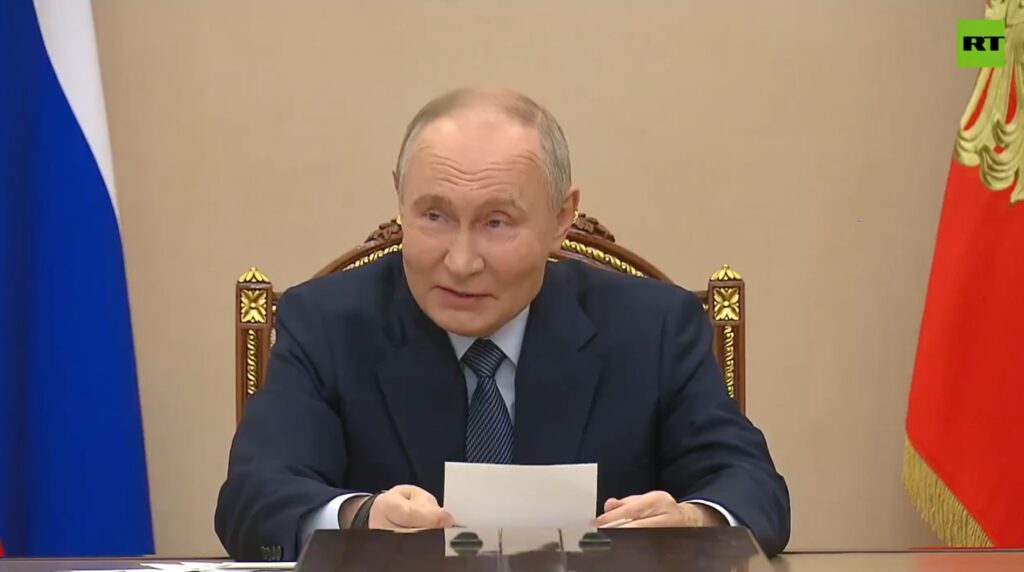


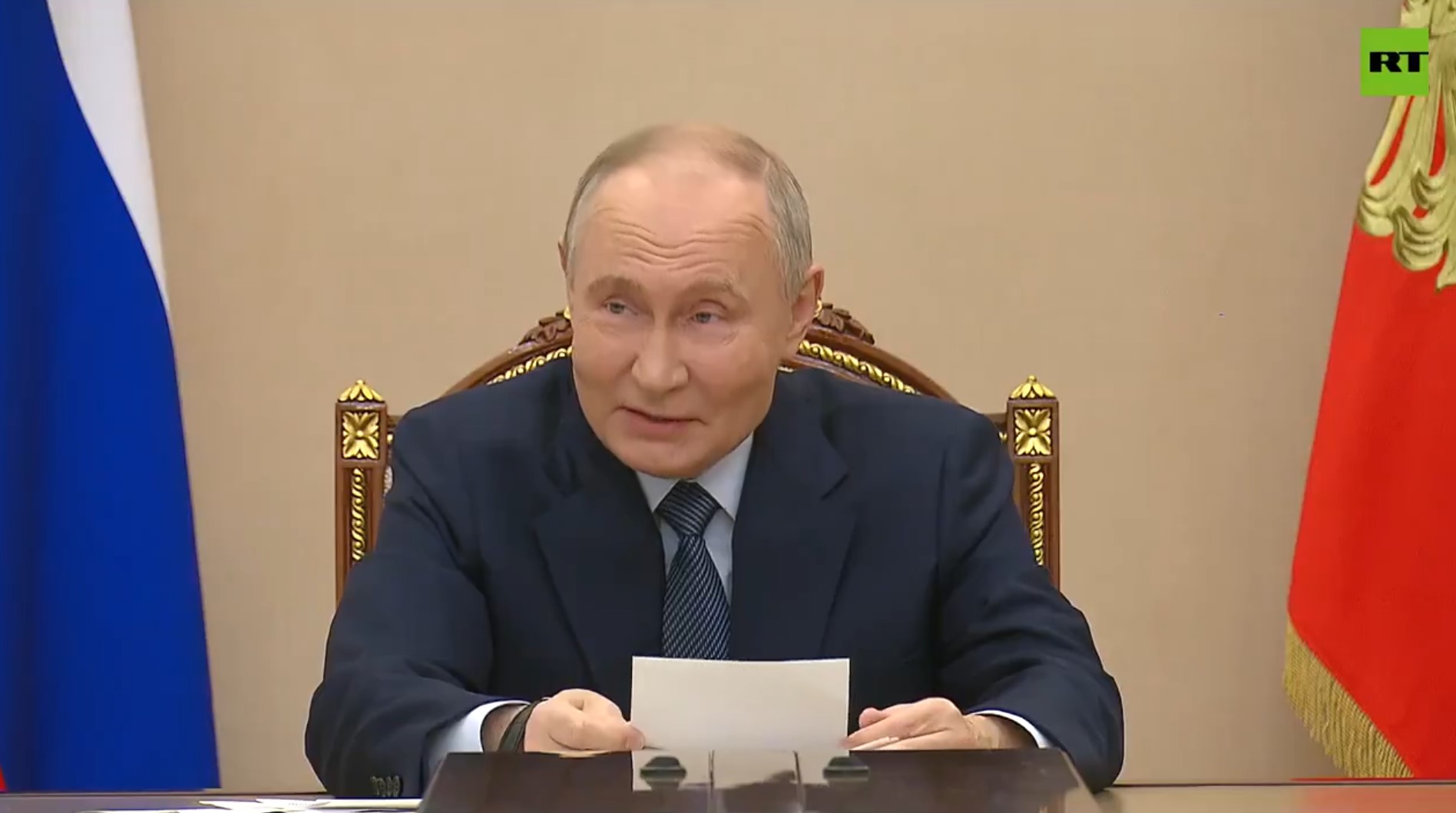



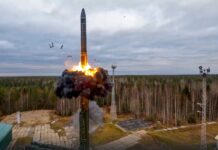

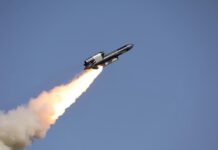

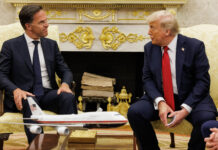
![Air-to-ground precision munitions: A market overview A SPEAR 3 test missile strikes its target during the first live fire test on 17 November 2024. [Crown Copyright 2024]](https://euro-sd.com/wp-content/uploads/2025/06/SPEAR_mini-cruise_missile_first_guided_firing__MBDA_2-Kopie-218x150.jpg)

